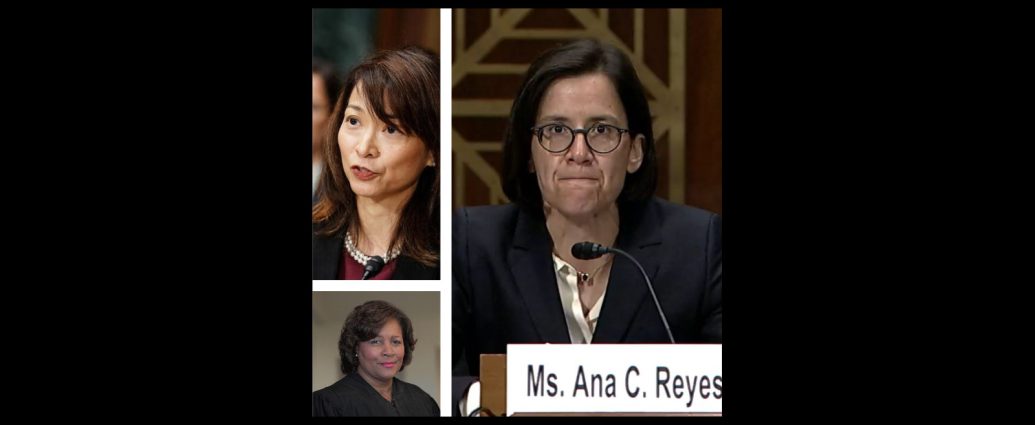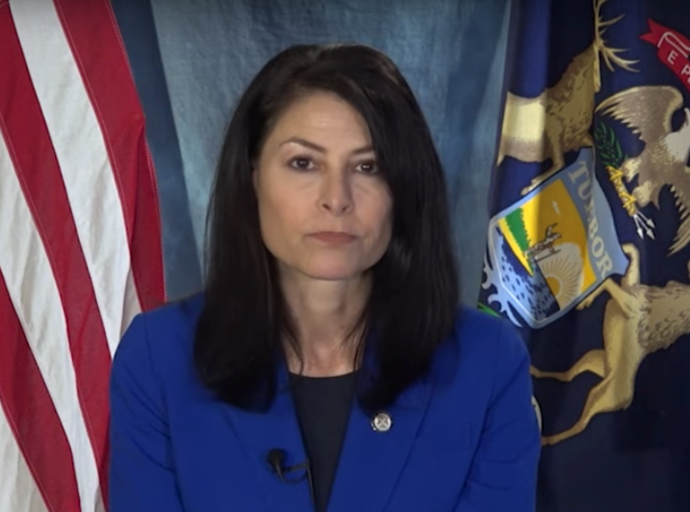by: John Clore | 3/19/2025 at 8:32 AM
Judicial Roadblocks to Trump’s Policies
Since his return to office, President Donald Trump has sought to implement a range of executive orders aimed at strengthening national security, restoring fiscal responsibility, and reinforcing military effectiveness. However, a series of federal judges—many appointed by the Biden administration—have actively blocked these efforts, often citing progressive interpretations of constitutional law. From barring a return to traditional military standards, to halting mass deportations, to preventing the dismantling of costly foreign aid programs, Biden’s judicial appointees are acting as key enforcers of his administration’s woke agenda.
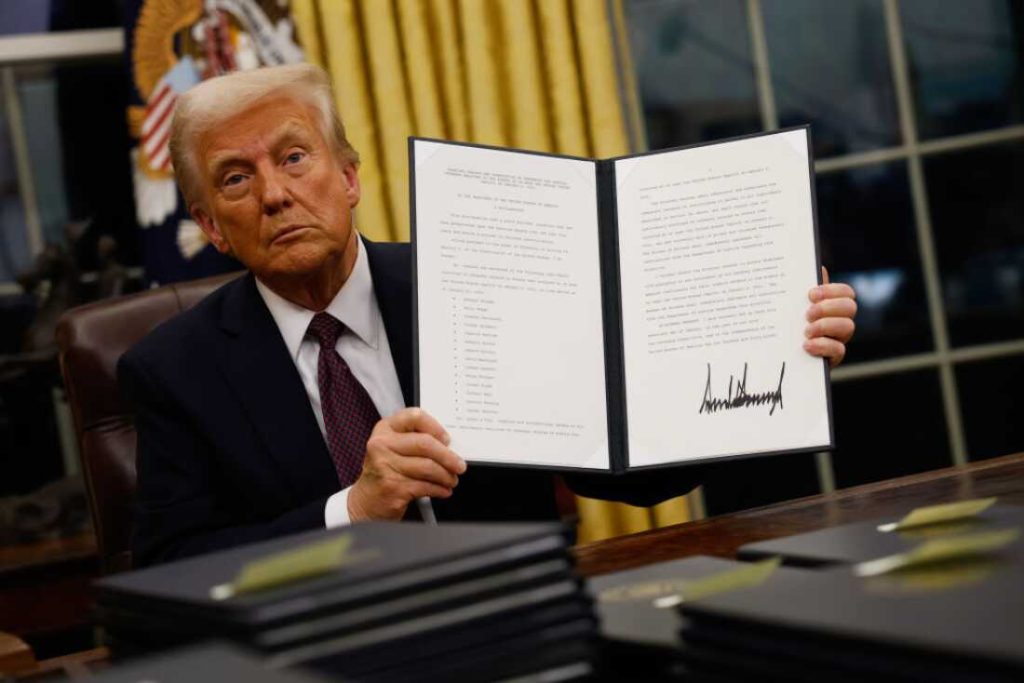
How Can a Federal Judge Block an Executive Order?
Executive orders, while powerful, are not immune to judicial review. The U.S. Constitution establishes a system of checks and balances among the three branches of government: the executive (President), the legislative (Congress), and the judiciary (courts). When the President issues an executive order, it carries the weight of law but must still comply with existing laws and the Constitution.
Federal judges have the authority to block executive orders through injunctions if they determine that an order:
Violates the Constitution or federal law,
Exceeds the President’s executive authority,
Causes irreparable harm that outweighs the government’s interest in enforcing the order.
Typically, challenges to executive orders are brought by individuals, advocacy groups, states, or other entities that claim to be negatively affected by the order. Once a lawsuit is filed, a federal district judge can issue a temporary restraining order or preliminary injunction, effectively pausing the order’s enforcement while litigation proceeds. If the case moves forward, appellate courts may review the decision, and ultimately, the matter can reach the U.S. Supreme Court for a final ruling.
This process has been increasingly used by activist judges to stall or completely nullify executive orders from conservative administrations, reinforcing the influence of judicial intervention in national policy decisions.
-

DOGE Travel mug with a handle
$25.00 Add to cart -

Unique D.O.G.E. Ceramic Mug – 11oz & 15oz
$7.68 Select options This product has multiple variants. The options may be chosen on the product page -

Gulf of America Ceramic Mug – 11oz & 15oz
$7.68 Select options This product has multiple variants. The options may be chosen on the product page -

DEI
$15.50 – $24.00 Select options This product has multiple variants. The options may be chosen on the product page
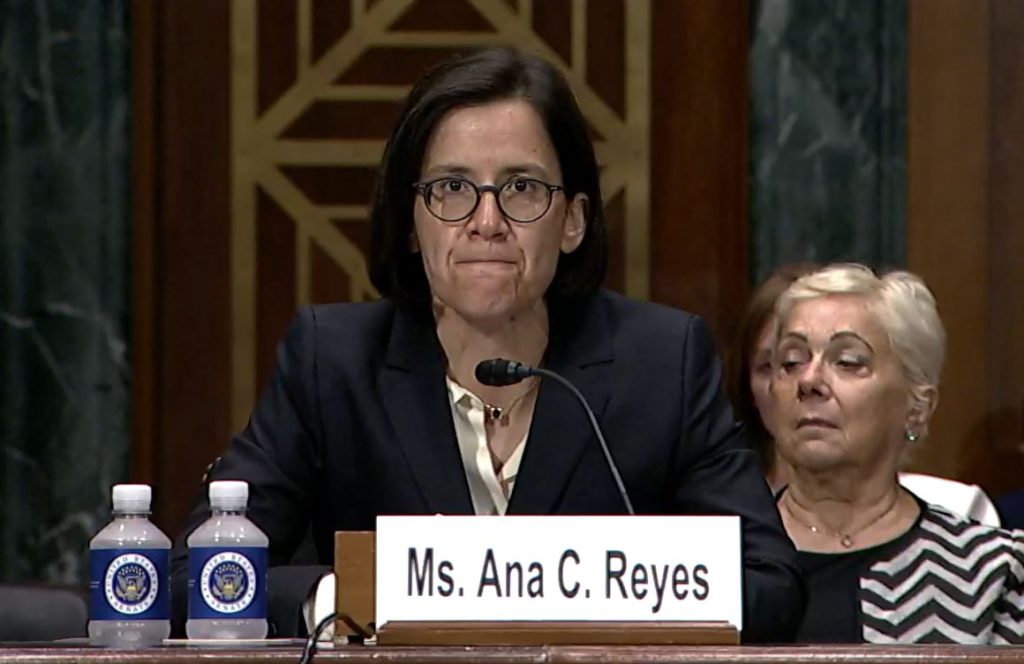
Transgender Military Ban Overturned
One of the most controversial rulings came from Judge Ana C. Reyes, a Biden appointee, who blocked Trump’s executive order reinstating the ban on transgender service members in the military. Trump’s policy was designed to maintain operational effectiveness and unit cohesion by ensuring that all service members meet the rigorous mental and physical standards required for duty. However, Reyes ruled that the order violated the equal protection clause, despite growing concerns among military officials that transgender policies compromise combat readiness.
Critics argue that Reyes’ ruling aligns with Biden’s broader push to impose progressive social policies on the military, prioritizing ideological inclusivity over effectiveness. By allowing service members to transition while in active duty—often requiring hormone treatments or surgeries—unit cohesion and deployability are compromised, raising concerns about mission readiness and taxpayer-funded medical expenses.

Mass Deportation Halted by Left-Leaning Judges
Another major judicial intervention came from federal judges blocking Trump’s executive order on mass deportation of illegal immigrants. This order sought to reinstate strict immigration enforcement, ensuring that individuals residing in the country illegally would be returned to their home nations rather than burdening U.S. taxpayers.
Judge J. Michelle Childs, another Biden appointee, ruled against Trump’s deportation policy, claiming that it lacked adequate procedural safeguards. However, critics argue that the decision is part of a broader strategy to dismantle Trump’s strict immigration policies and keep the southern border open to waves of illegal migration. This ruling comes at a time when border security remains a top concern for many Americans, with crime and resource strain becoming increasingly evident in border states.
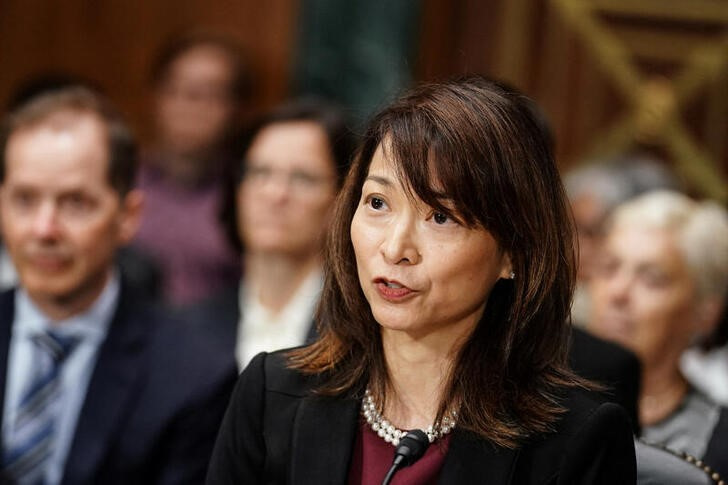
Dismantling USAID Blocked to Protect Bureaucratic Spending
In another high-profile case, Biden-appointed judges blocked Trump’s initiative to dismantle the United States Agency for International Development (USAID), an organization known for its massive foreign aid expenditures. Trump’s order aimed to cut unnecessary international spending, saving U.S. taxpayers hundreds of billions of dollars while refocusing efforts on domestic priorities.
Judge Florence Pan, appointed by Biden, ruled against Trump’s decision, claiming that dissolving USAID would cause “irreparable harm” to international partnerships. However, critics argue that USAID has long been a tool for funneling taxpayer money into progressive globalist projects that do little to serve America’s interests. The move to protect USAID aligns with the Biden administration’s broader objective of maintaining international funding for leftist social programs abroad, even as Americans struggle with inflation and economic hardship at home.
The Pattern: Activist Judges Advancing Biden’s Woke Agenda
A clear pattern emerges: federal judges appointed by Biden are acting as political operatives, ensuring that Trump’s policies are systematically blocked. These judges—often aligned with left-leaning organizations and advocacy groups—are leveraging their positions to push progressive policies through legal rulings, overriding executive authority.
Legal analysts argue that these rulings are not simply judicial oversight but part of a coordinated effort to sustain Biden’s legacy beyond his presidency. By stacking the courts with judges who share his administration’s ideological goals, Biden has ensured that even after leaving office, his policies remain embedded in the judiciary.
What’s Next?
As Trump continues to face judicial resistance, the battle over executive authority versus judicial activism is expected to intensify. The administration is prepared to challenge these rulings in higher courts, with some cases likely making their way to the Supreme Court. The long-term implications of these judicial roadblocks will shape the future of America’s legal and political landscape, determining whether the nation follows a path of fiscal conservatism and strong national security or remains entangled in progressive legal battles.
Featured Articles
DOGE on Michigan Wasteful Spending: LGBTQ, DEI, and Transgender Study Funds Could Fix the Roads Instead!
by: John Clore | 3/20/2025 at 9:11 AM LANSING, MI – After writing Shocking Waste: Federal Audit Uncovers Billions Wasted on Foreign Social Programs And seeing countless people on social media say, “We need DOGE in Michigan,” I decided to DOGE Michigan’s wasteful spending—here’s what I uncovered. Michigan’s state government
Sponsor
Investigative Reports
Nessel’s Lawsuit Against Trump: A Smokescreen to Hide 2020 Election Cover-Up?
By John Clore | Investigative Journalist | 4/1/2025 at 5:29 PM Nessel’s Diversion? Michigan AG Sues Trump Admin Over COVID Fund Cuts While Facing Her Own Scandal As Michigan Attorney General Dana Nessel launches a headline-grabbing lawsuit against the Trump administration over rescinded COVID-era health grants, people are calling it

